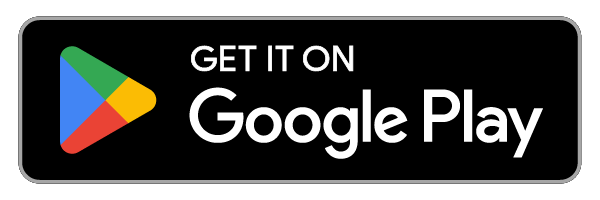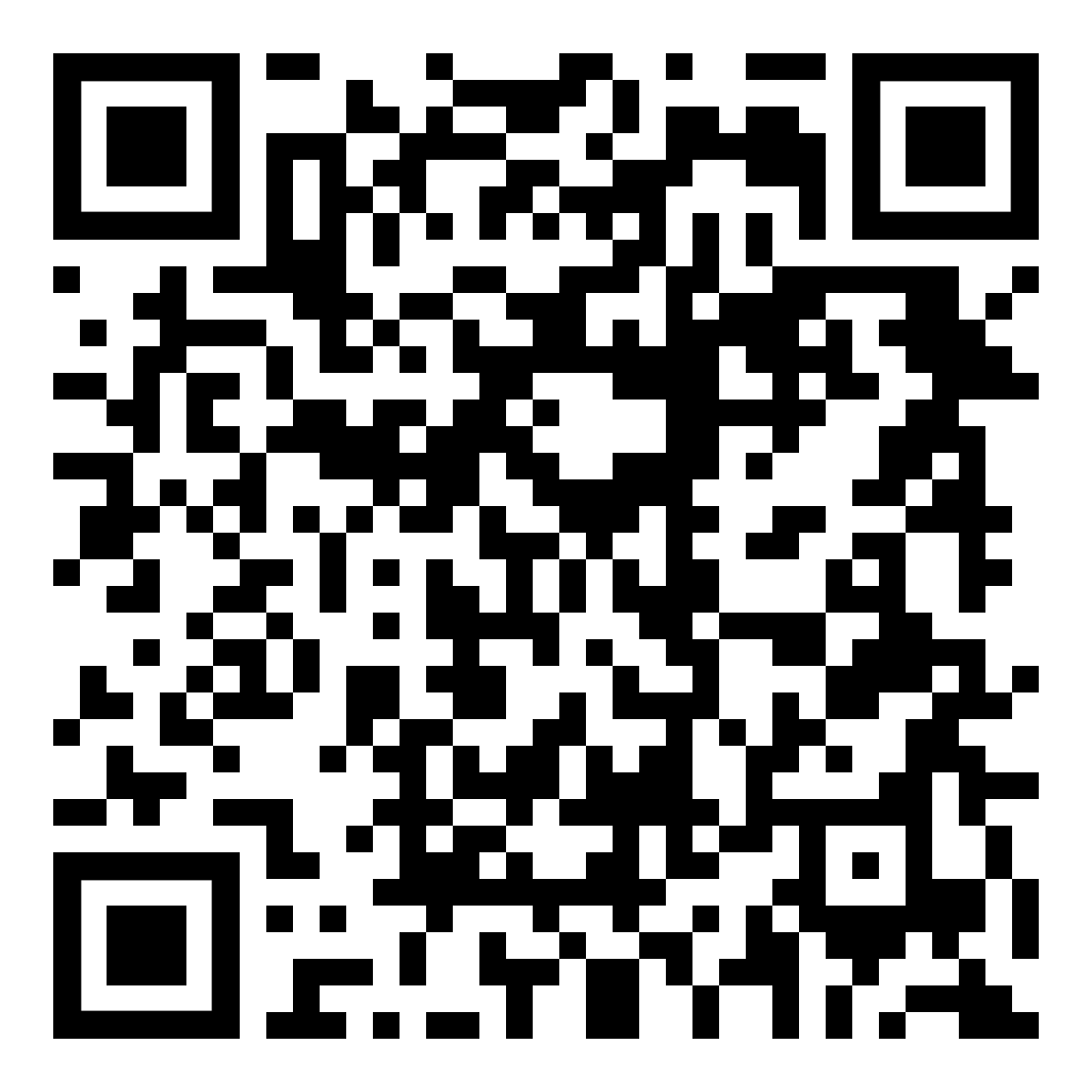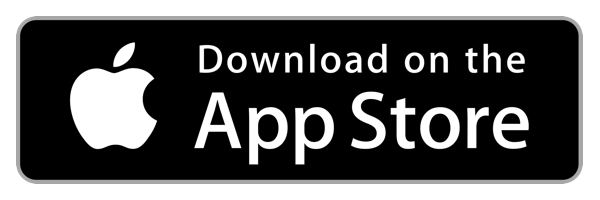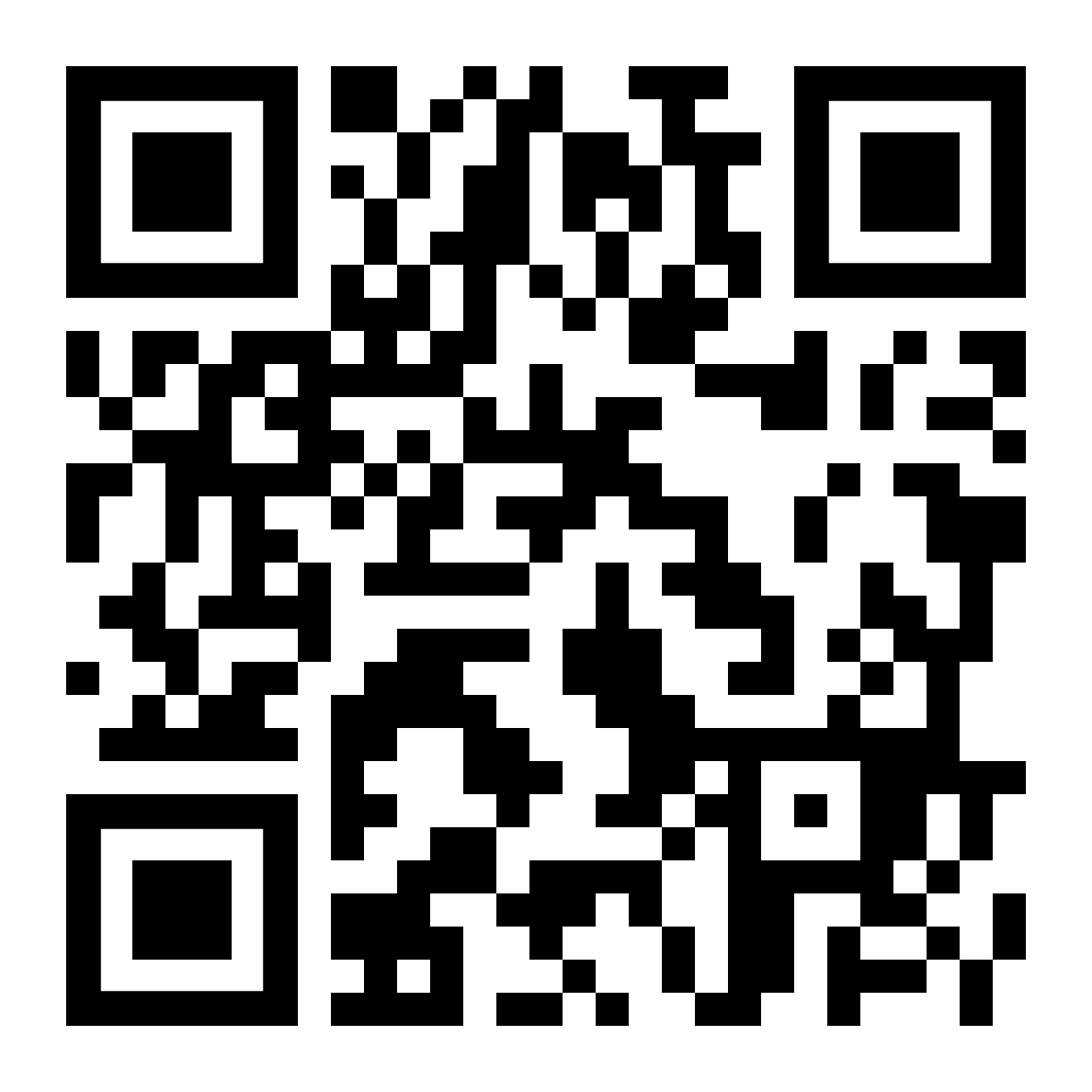- English
- Metacognitive Training (MCT)
- Self-help app COGITO
App Store and the Apple logo are trademarks of Apple Inc.
Self-help app COGITO
The COGITO smartphone app offers exercises to support emotional well-being. It is non-commercial, ad-free, multilingual, and fully privacy-respecting—no registration or personal data is required. Designed to improve mental well-being, life satisfaction, and self-esteem, COGITO is not a substitute for psychotherapy.
This website provides further details about the app's features (see also the "Tutorial" in the app menu). COGITO is available for Android and iOS. While older versions (MCT & More and Restart) remain accessible, we recommend switching to COGITO, which includes more features and all previous content. It can also complement Metacognitive Training (www.uke.de/mct).
Huawei smartphones sometimes stop sending notifications after some time. Please watch the following video how to solve this (or turn to us directly): https://www.youtube.com/watch?v=C7ep6mQdxw8
What questions will this website answer for you:
The results of two randomized controlled trials with individuals with mental health problems are promising. We tested a forerunner version of the app in a randomized controlled trial with 90 people with self-reported depressive symptoms. The vast majority of the study participants rated the app positively. Participants who used the app regularly experienced significant improvement in well-being over time. Compared to a wait list control group, the difference showed a trend toward statistical significance at a medium effect size (Lüdtke, Pult, Schröder, Moritz & Bücker, 2018).
In a second study with students with mental health problems, we were able to demonstrate large significant effects on self-esteem and depressiveness (Bruhns, Lüdtke, Moritz & Bücker, 2021). Encouraged by the positive findings, we continued to develop the app (then called MCT & More) and tested it for effectiveness, side effects, and user satisfaction. In one study (Bruhns et al., 2023), improvements in self-competence were found in individuals with depression after their discharge from inpatient treatment compared to a treatment-as-usual control group. We then redesigned, extended, and renamed the app COGITO. In a study on COGITO, after 6 weeks we found significant improvements in self-esteem, depressive symptoms, anxiety, and quality of life in participants from the general population who used the app compared to a waitlist control group (Moritz et al., 2024).
Publications
Bruhns, A., Lüdtke, T., Moritz, S. & Bücker, L. (2021). A mobile-based intervention to increase self-esteem in students with depressive symptoms: Randomized controlled trial. JMIR mHealth uHealth, 9, e26498. https://mhealth.jmir.org/2021/7/e26498
Bruhns, A., Baumeister, A., Demeroutis, G., Jahn, H., Willenborg, B., Shaffy, A.,Moritz, S., & Bücker, L. (2023). A mobile-based aftercare intervention to increase self-esteem in inpatients diagnosed with depression: A randomized controlled trial. Psychotherapy Research, 33, 783-802.
Lüdtke, T., Pult, L. K., Schröder, J., Moritz, S., & Bücker, L. (2018). A randomized controlled trial on a smartphone self-help application (Be Good to Yourself) to reduce depressive symptoms. Psychiatry Research, 269, 753–762.
Moritz, S., Grudzień, D., Gawęda, L., Aleksandrowicz, A., Balzan, R., Shaffy, A., Bruhns, A., Borsutzky, S., & Rolvien, L. (2024). A randomized controlled trial on COGITO, a free self-help smartphone app to enhance mental well-being. Journal of Psychiatric Research, 174, 254-257.
You can download an article summarizing the first study here:
COGITO is a free self-help app developed for people with emotional problems, but it can also be used by people without mental health problems to maintain and improve their mental well-being. The basic program package is called "Mood & Self-Esteem." Under the app menu item "Settings," you can select additional program packages. One of these additional program packages was developed especially for individuals with gambling problems. Another program package is intended for people who have psychotic experiences (ideally, this program package should be used along with our Metacognitive Training for Psychosis, available at no cost from www.uke.de/mct). Instructions for activating the program packages are provided below. Please note: Using the app is not a substitute for face-to-face psychotherapy.
The app's self-help exercises are based on scientifically recognized techniques of cognitive behavior therapy and metacognitive training designed to reduce emotional problems, such as sadness, loneliness and lack of impulse control. It was our intention to implement these techniques using a self-help approach. Each day, you will receive a new exercise. Each exercise takes just a few minutes and can easily be integrated into your everyday life. Push messages will remind you to do the exercises regularly (optional feature). You will also be able to write/add your own exercises or modify existing exercises, allowing you to turn the app into your personal "guardian angel." Instructions for adding and modifying exercises are provided below. However, the app does not automatically adapt to the user's behavior (a learning algorithm is not included). Please first read the basic instructions in the app under the menu item "Tutorial."
Taking care of your personal mental well-being is a bit like brushing your teeth; you have to do the exercises regularly so that they become routine and change your mood. Reading about how to deal with a problem is helpful but not sufficient and usually does not lead to any lasting changes. You will benefit the most from the program if you participate actively and practice regularly! The exercises will repeat over time. This is good! Only through regular repetition is it possible to overcome difficulties.
The three apps—COGITO, Restart, and MCT & More—are similar in structure; differences are indicated below.
MCT & More and Restart send you a push message with an optional exercise every day at about 1 pm. You can mark an exercise as "read" after 20 seconds. COGITO gives you more flexibility by allowing you to select two custom notification times ("Set reminder") to receive daily notifications about exercises.
Problems with push notifications? There are many youtube tutorials demonstrating how to adjust the settings of your smartphone so that notifications for certain apps will be received for sure (example for huawei phones: https://www.youtube.com/watch?v=C7ep6mQdxw8).
You can change the language under the menu item "Settings."
In the COGITO and MCT & More apps (but not in Restart), you have the option to select additional program packages. "Mood & Self-Esteem" is the basic package and includes most of the exercises. This package is designed for people who want to improve their well-being, regardless of whether they have psychological problems.
The COGITO and MCT & More apps allow you to activate two other program packages in these apps: "Gambling" and "Metacognitive Training." Restart is specifically designed to help with problematic gambling behavior. If you are using Restart, we recommend switching to COGITO, where you can access the "Gambling" package and all the new features of this version.
We suggest to select all program packages, including "Metacognitive Training" (exercises for psychosis), even if you do not have psychosis or schizophrenia. These exercises contain advice that many people (both affected and non-affected by psychosis) find useful.
Under the menu item "Medals/Achievements," you will receive a summary of your weekly results. Every week the app tallies the number of exercises you have read (and, hopefully, completed). You will receive your weekly result on Mondays (COGITO; Sundays for MCT & More and Restart). You will be awarded a gold medal if you have read at least 7 exercises during the week.
Stay on the ball and use the app as a daily "toothbrushing" for the soul. As you do the exercises regularly over a long period of time, the image of an umbrella (as a symbol of protection) will change from red to yellow to green.
The menu item "Library" shows you the active categories. You may select the categories that appear there under "Settings." In the "Library" you will also find the category "My exercises." This category contains either modified exercises or exercises you have created yourself. If you want to shorten or personalize any of the exercises, click on the pencil icon. If you want to create a new exercise, click on "Add your exercise" and follow the instructions.
Unlike the other two apps, COGITO has a daily inspirational quote.
When you click on "Add your exercise" at the bottom of the Library, an empty exercise box appears. Enter a title, a subtitle, and the desired text. You can also add a photo of your own (for example, of your pet, a loved one, or an object that is important to you). To do this, simply click on the "Photo" symbol or upload a picture from your smartphone image gallery (click on "My image" button) and confirm your selection. If you do not receive a request for confirmation, simply click on "Save/Add" again.
We recommend that you keep copies of (or notes on) the exercises you add.
You can edit new exercises with the following functions:

- Pencil icon: Edit.
- Trashcan symbol: Delete. Note that you can edit the preset exercises (using the pencil icon), but you cannot delete them.
- Star symbol: Favorite. Mark the exercises that you like and want to do more often as favorites (click on the star so that it turns white). Favorites are shown to you more often than other exercises.
- Slider: If the slider is to the right and colored orange, the exercise is activated; if it’s to the left and colored white, the exercise is deactivated. Deactivated exercises are not sent to you by push message. Once you have edited an existing exercise, it will be deactivated in the appropriate category but will still be displayed under "My exercises."
Please note that the self-help app cannot replace psychotherapy and is intended solely as a self-help approach. The self-help app is not an appropriate treatment for acute life crises or suicidal tendencies. In the event of an acute crisis, please seek professional help.

supported by TK




